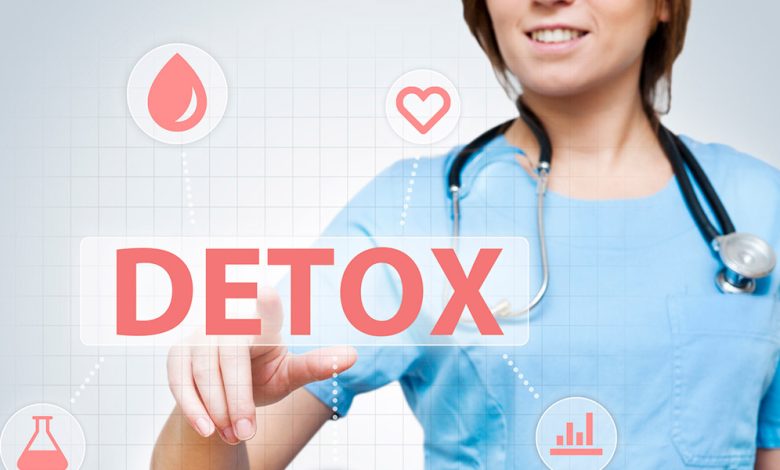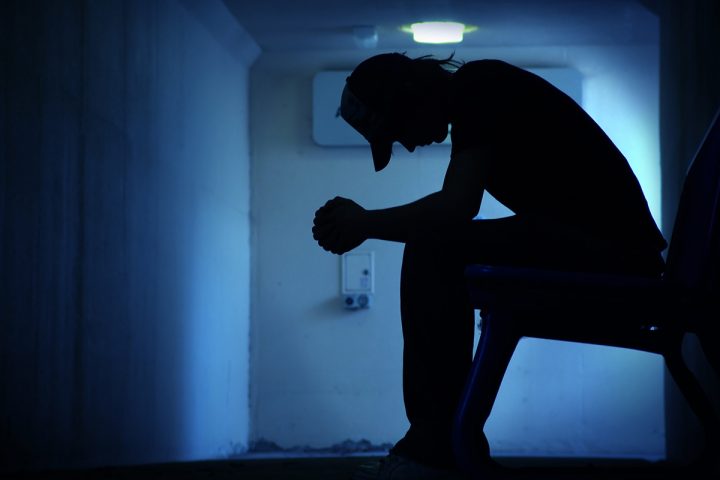An Informative Guide To Medical Detox: Stages, Processes And Treatment Plans

Drug addiction is different for everyone. But there are some things you can count on.
The goal of medical detox is to apply the principles of scientific understanding to the process of helping you overcome a drug addiction. This means breaking the process down into different stages that can be analyzed, focusing on the process, and establishing treatment plans.
But to most people, all of that sounds like a bunch of jargon and platitudes. If you are dealing with a drug addiction, then you probably want to know: How does detox work? What does one do during the stages of a treatment plan? And when is it going to get better?
That is what we are going to talk about today. Because no one should feel alienated by their own drug recovery plan.
How Detox Works

The process of detox (short for “detoxification”, in case you didn’t know) is the process of ridding your body of the harmful chemicals left there by drug dependency. It is important to point out that you are not just trying to get rid of the refuse of drug use, but the refuse of a drug habit.
Consider this: Almost every substance a person can get addicted to, from alcohol to heroin, negatively impacts the production of serotonin in one’s body. That means detox is not just processing the alcohol or heroin. It is also letting the serotonin production process heal.
This is why the process is so multi-faceted. Ultimately, detoxing starts by quitting the substance (sometimes by quitting all at once, sometimes by weaning off it), but it does not stop there.
Once a person actually quits the drugs and processes whatever is left of them in their system, that begins the withdrawal process. The worse the drug dependency, the more intense the withdrawal. This will oftentimes require a degree of medical intervention to endure.
The worst of withdrawal will last two days, with the totality of withdrawal lasting no more than two weeks. People with really bad dependencies will have a bad time for longer, but many people are surprised to find that withdrawal does not last for as long as they expect.
Only after you have gotten through that should you worry about a treatment plan.
What are the Stages of a Treatment Plan?
Every detox center will have different specific stages of a treatment plan. Fortunately, however, they all follow roughly the same outline. They are all trying to solve the same essential problems: Recovering physically, recovering mentally, and recovering emotionally.
So, let’s go over the main components of a treatment plan.
Physical Recovery

We talked earlier about things like the serotonin cycle, which is disrupted by addiction. But that is far from the only physiological process addiction hinders. Digestion, neurology, and even muscle mass are all negatively impacted by substance abuse and addiction.
Some of these will be addressed medically, particularly the pain of getting over addiction. Others will be addressed by simply prescribing a change in habits. Responding to cravings with exercise, for instance, does two jobs: Getting away from the craving and restoring the body.
Mental Recovery
It is often said that the first step to dealing with addiction is recognizing that the addiction is a problem. This is true, but it is also one of the first stumbling blocks of addiction.
Confidant Health states that addicts commonly have problems viewing themselves. Literally, the parts of their brains that deal with self-reflection suffer due to their addiction. They also cannot think as clearly for the long term for much the same reason. Many treatment plans address exactly this.
It is far easier once detox is completed, but the treatment of one’s mental damage is far less precise than the treatment of one’s physical or emotional damage. That is because mental damage can heal over time, but there is no set-in-stone method of speeding it up.
You will hear a lot of talk about addicts being expected to “give themselves up to a higher power” during their recovery. This is how most treatment plans respond to mental damage. If you are constantly thinking about what Jesus, or Allah, or Yahweh is expecting of you, planning becomes easier. It also becomes easier to view yourself through the lens of the “other”.
Emotional Recovery

People are frequently surprised that this is much more straightforward than mental recovery.
The reason is that most addicts feel generally the same negative emotions towards their addictions. They feel guilty for the inconvenience they cause their families. They feel foolish for having gotten addicted in the first place. And while it’s not universal, they often feel unsavable.
While human emotions are quite complicated, they are easier to deal with through repeated attention than something like brain chemistry, which responds far less predictably to medicine.
The big variables involved in how emotional recovery works usually boil down to whether a person is more comfortable with group therapy or individual therapy.
Breaking Down the Stages
Now that we know what detox and treatment plans are all about, let’s talk about how they are broken down into stages to work the most effectively.
- Quitting the drug (one day after quitting)
- Detox and withdrawal (two to fourteen days after quitting)
- Therapy begins (two weeks after quitting)
- Medication is prescribed (two weeks after quitting)
- Diet and exercise changes (two weeks after quitting)
- Maintenance of new habits with counselors (one month after quitting)
As you can see, a lot happens once withdrawal ends. After that, all you have to do is stay on top of things. Meeting with counselors can be regular, or they can cease altogether.
Conclusion

Most people’s drug addiction recovery journeys are going to be unique. But they also benefit from structure. Hopefully now you have a better idea of what the meaning of that structure is.
If you are struggling with drug addiction, then you deserve to have a say in how your recovery works. And you can always visit us if you want to read more on what your options are.
